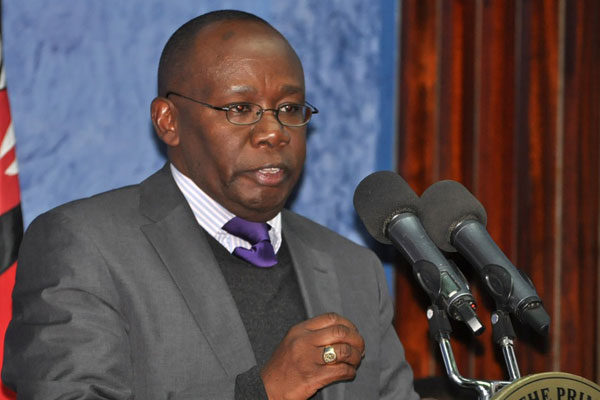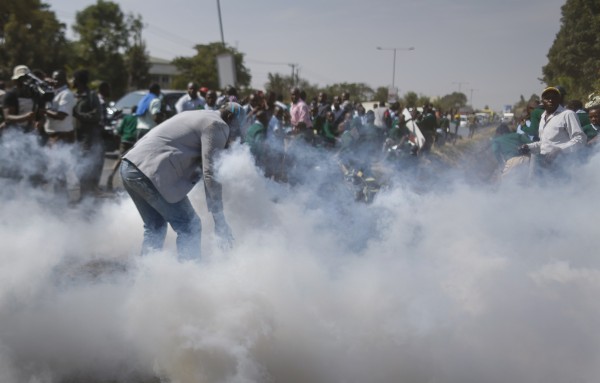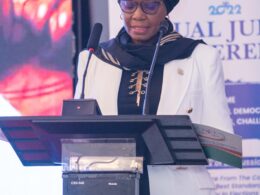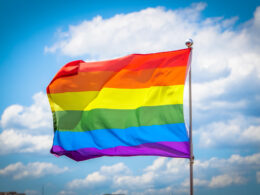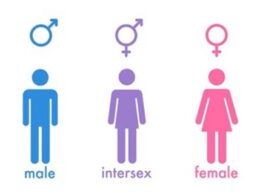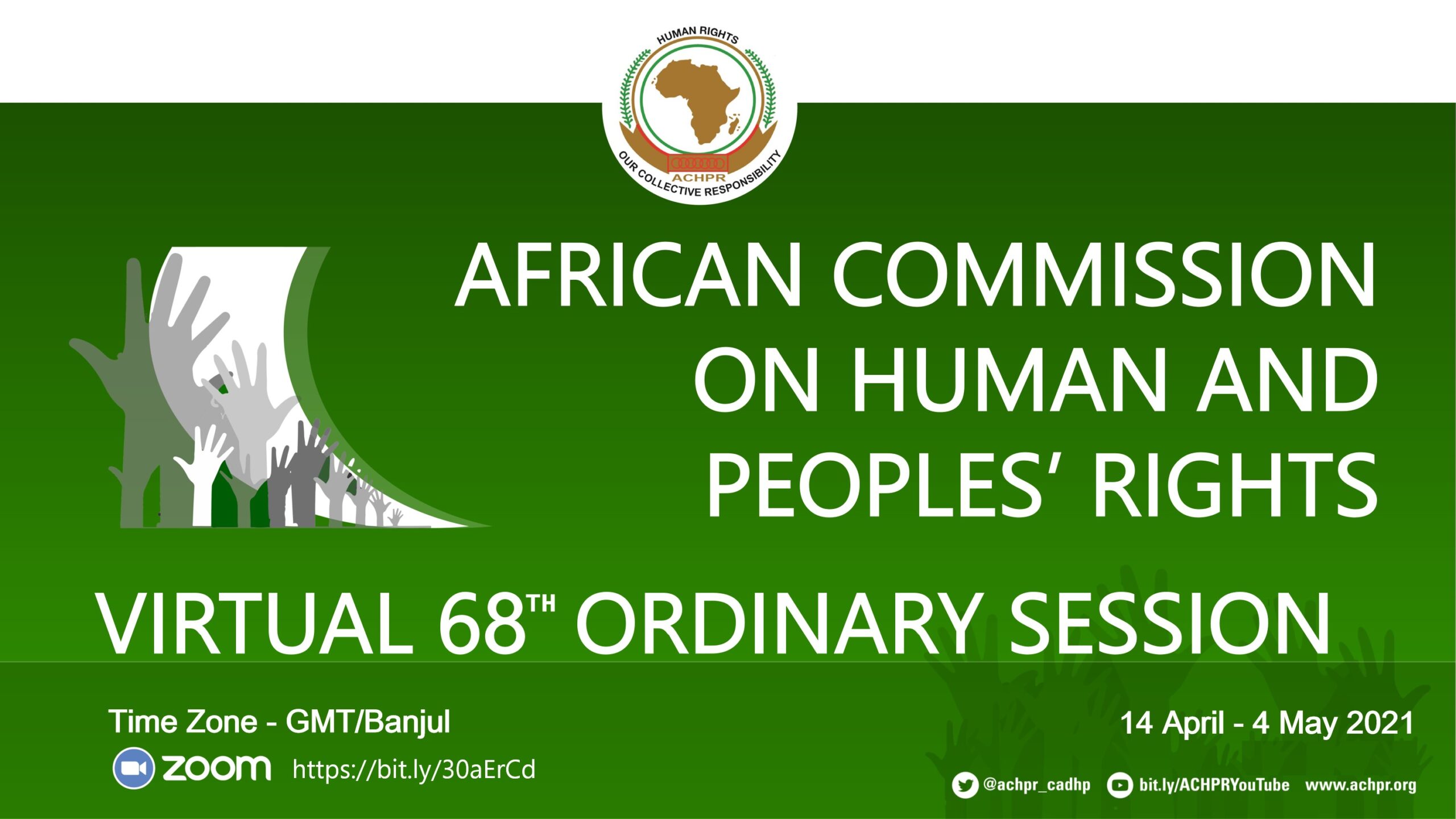Opening remarks by Hon. Prof. Githu Muigai, EGH, SC, The Attorney-General of The Republic of Kenya,during The Gender And Elections Dialogue Forum Held On 24th February 2016 At The Panafric Hotel. Theme: Securing the Space for Women Participation in Governance In Kenya Ahead of the 2017 General Election.
It gives me great pleasure to participate in this occasion of the Official Opening of the National Gender and Elections Dialogue Forum, which seeks to enhance discussions towards the realization of women’s participation in governance especially in the political processes in Kenya.
Like all walks to freedom, the journey to women’s equality and empowerment, has not been easy. Women have had to confront deeply entrenched stereotypes and challenge harmful practices which pass under the licence of culture. Women and girls continue to face major hindrances such as lack of access to reproductive health services, low retention and transition rates in education, and low representation in the economic arena. Women and girls continue to bear a disproportionate labour burden accentuated by disparities in remuneration for similar work done. Women also suffer as victims of gender based violence.
Notwithstanding, the challenges above, the women and girls of Kenya have marked their footprints on the path of our collective development. The country has achieved near gender parity in primary school enrolment, and are towards progressive realization of parity in secondary and tertiary education. Our Judiciary is staffed with women magistrates and judges, to the level of the Supreme Court of Kenya. Today, we have record numbers of women in the Senate and the National Assembly. We have women as Deputy Governors and Speakers of County Assemblies. There is deliberate effort to incorporate women in public sector leadership, as demonstrated by the composition of women in the Cabinet and Principal Secretaries portfolios. Women are now highly recognized in business and enterprise.
Consequently, and notwithstanding this grave status, we recognize and celebrate the place of the Kenyan woman. We recognize her contribution to the struggle for independence; to the nurturing of learning and development; to the growth of our local economy; to the defence of our nation; and to the leadership and management of our various sectors.
The Government’s agenda on gender equality and Women’s empowerment is guided by the Constitution, Vision 2030 and the Second Medium Term Plan II as well as other national policies and laws.
The government has committed itself to implement a number of specific measures in the furtherance of women’s empowerment. These measures include enhancement of education and health for women and girls through the free primary and secondary education and the free maternity programmes; extension of credit and enterprise facilities for women through Uwezo and the Women’s Enterprise Fund; the 30% affirmative action policy for women, youth and persons with disabilities in public procurement, among others
The State continues to have robust engagements with multiple international and regional women’s rights mechanisms such as the Committee on Elimination of Discrimination Against Women and the Protocol to the African Charter on Human and Peoples’ Rights on the Rights of Women in Africa. The government continues to enact policy and legislation to further entrench women’s rights e.g. the Persons Deprived of Liberty Act; Victims Protection Act; Prevention, Protection and Assistance to Internally Displaced Persons and Affected Communities Act; Prohibition of Female Genital Mutilation Act; Domestic Violence Act; Marriage Act; etc.
The need to bring more women into political leadership cannot be gainsaid. Women have historically been marginalized and often struggled to gain entry into the male dominated political sector. Women don’t have an “old boys” network – and I’m not suggesting that there be established an “old girls” network. But there is need to be intentional about opening doors to capable women whenever this can be done.
I am proud to associate myself with the transformative movement to build a sustainable architecture for women’s political participation. Contrary to the embellished narrative, my office has diligently sought to ensure that women’s political participation is entrenched in the political psyche. Through pro-active effort, my office facilitated a negotiated settlement between the Kenya Women Parliamentary Association (KEWOPA) and the National Gender and Equality Commission (NGEC) to consolidate and harmonize various constitutional amendment proposals to implement the two thirds gender principle.
This effort followed the initial intervention seeking the Supreme Court’s Advisory Opinion, and the subsequent establishment of a Technical Working Group to develop proposals to implement the two thirds gender principle. Consensus draft bills were eventually agreed upon and delivered to Parliament for its consideration, sponsored as is the practice by the Leader of Majority.
The first is a Constitutional Amendment Bill, seeking to provide a mechanism to give effect to Art. 81(b) of the Constitution. The bill partially endorses the proposals of the Technical Working Group on the Two Thirds Gender Principle, and provides for amendment to Art. 97 and Art. 98. It provides for “such number of seats as to ensure that no more than two thirds of the members of elective public bodies shall be of the same gender”.
The second is an Election Laws Amendment Bill to enhance the mechanisms for presentation of women as candidates for election in Parliament and County Assemblies. The bill proposes to place responsibility on political parties to make all necessary efforts to support and sustain women’s candidature in elections and consequently, to elective seats. The bills include inter alia proposals such as: party lists developed from best winning loser candidates; party’s overall candidates for an election reflect the 1/3 principle in all counties including strongholds; establishment of a women’s fund to support elections; a sunset clause of 20 years for affirmative action; a cap on affirmative action terms etc. The omnibus amendment bill seeks to ensure that the use of the ‘top up’ constitutional provision remains latent.
Unfortunately, these proposals are competing with various other initiatives of a similar or related nature. These include the “Green Amendment Campaign” the “Punguza Mzigo Campaign” and the Constitutional Amendment and Omnibus Amendment proposals by Hon. Samuel Chepkonga popularly referred to as the “Chepkonga Bills”. These parallel initiatives are likely to lead to distraction, delay or subversion of the noble agenda.
The challenge of women representation does not lie within government bodies alone, but it cuts across all sectors and all organizations whether public or private. Therefore, the tasks enumerated above require the collective effort of the various arms of the national government, county governments, commissions, civil society organizations, private sector and the public at large. I therefore call upon all the lead institutions to continue championing and advancing the realization of the rights of women in Kenya.
I trust that your deliberations today will interrogate all the proposals in place, as well as additional strategies to support women in the political arena. We look forward to receiving a copy of your recommendations and the facilitation of further exchange on this important agenda. My office will continue to play its role and support all stakeholders to realize women’s participation in governance and political leadership.
I take this opportunity to thank the International Commission of Jurists for convening us to reflect upon our continued interventions towards women’s political participation and wish you fruitful deliberations.
It is my great pleasure to officially declare the dialogue forum officially open.





